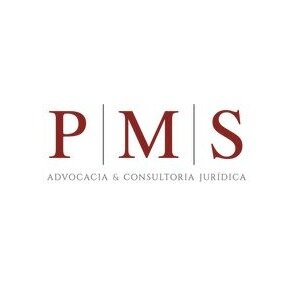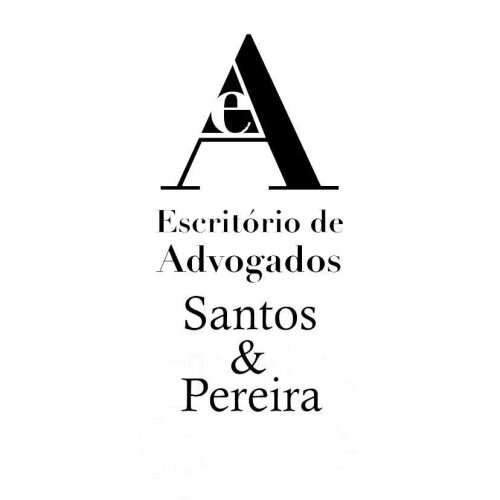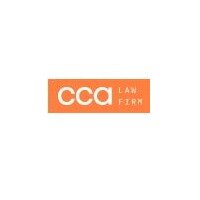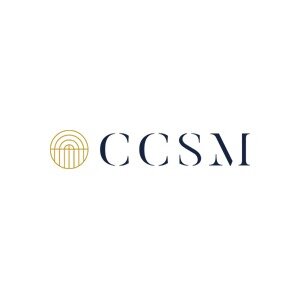Best Nonprofit & Charitable Organizations Lawyers in Porto
Share your needs with us, get contacted by law firms.
Free. Takes 2 min.
List of the best lawyers in Porto, Portugal
About Nonprofit & Charitable Organizations Law in Porto, Portugal
Nonprofit and charitable organizations play a crucial role in the social and economic landscape of Porto, Portugal. These entities are established for a wide range of purposes, including charitable, educational, cultural, scientific, and religious. They are meant to serve public or community interests without seeking to generate profits for distribution to members, officers, or directors. The legal framework governing these organizations is crafted to ensure they operate effectively, with transparency and accountability to their stakeholders, ensuring that the primary mission of public good is fulfilled.
Why You May Need a Lawyer
Several scenarios might necessitate the assistance of a lawyer versed in nonprofit and charitable organization law in Porto:
- Formation and Registration: Establishing a nonprofit requires navigating complex administrative procedures and ensuring all legal criteria are met.
- Taxation and Financial Management: Understanding tax obligations, eligibility for exemptions or incentives, and proper financial reporting is crucial.
- Compliance and Governance: Maintaining regulatory compliance and implementing sound governance structures can prevent legal issues.
- Employment Law: Navigating contracts, labor laws, and volunteer agreements requires legal expertise.
- Intellectual Property: Protecting intellectual property such as trademarks, copyrights, or patents your organization may develop.
- Dispute Resolution: Handling conflicts within the organization or with external entities or individuals.
Local Laws Overview
Key aspects of the local laws for nonprofits in Porto include:
- Legal Structure: Organizations must choose an appropriate legal structure, such as an association, foundation, or cooperative, each with specific legal requirements.
- Registration and Compliance: Nonprofits must be registered with the National Registry of Legal Persons and comply with annual reporting obligations.
- Tax Framework: While many nonprofit activities are tax-exempt, it is important to understand how VAT and corporate income taxes may apply.
- Governance Standards: Clear guidelines for board responsibilities, membership requirements, and transparency practices are mandated.
Frequently Asked Questions
What are the primary legal structures for nonprofits in Porto?
The primary legal structures include associations, foundations, and cooperatives, each serving different purposes and having specific regulatory requirements.
Do nonprofits in Porto have to pay taxes?
Nonprofits may be eligible for certain tax exemptions, but they must comply with regulations and may still have to pay taxes like VAT or municipal taxes.
How is a nonprofit registered in Porto?
The organization must register with the National Registry of Legal Persons, submitting required documents such as statutes and identification details of founders.
What governance standards must a nonprofit adhere to?
Nonprofits are required to maintain clear governance structures, emphasizing transparency, accountability, and clear delegation of responsibilities among the board and management.
What financial reporting requirements exist for nonprofits?
Nonprofits must prepare and submit annual financial reports, demonstrating adherence to financial management and accountability standards.
How can a nonprofit protect its intellectual property?
Organizations should seek legal protection for intellectual property through trademarks, copyrights, or patents to prevent unauthorized use.
What employment laws apply to non-profits in Porto?
Standard labor laws apply, covering contracts, employee rights, and volunteer agreements, along with specific provisions relevant to nonprofit operations.
How does a nonprofit resolve internal disputes or external conflicts?
Legal counsel can facilitate negotiation or mediation processes, ensuring that disputes are handled efficiently and within the legal framework.
Are there funding opportunities or grants for nonprofits in Porto?
Various governmental and EU-funded grants and incentives are available for nonprofits, contingent upon specific eligibility criteria and alignment with public interest missions.
Can foreign entities establish nonprofits in Porto?
Yes, foreign individuals or entities can establish and operate nonprofits in Porto, provided they comply with local registration and regulatory requirements.
Additional Resources
For individuals seeking additional help, consider these resources:
- DGAE (Directorate-General for Economic Activities): Provides information on legal requirements and economic support for organizations.
- Centro de Informação Europeia Jacques Delors (CIEJD): Offers information on EU funding opportunities for nonprofit initiatives.
- Local Law Firms: Consulting a local law firm specializing in nonprofit law can offer personalized legal assistance.
- Municipal Support Services: The local government may provide guidance and resources for nonprofits operating within Porto.
Next Steps
If you're considering legal assistance for nonprofit or charitable organization matters in Porto, it’s critical to assess your specific needs first. Here’s how to proceed:
- Identify the specific legal issues or areas where you require guidance.
- Research and contact a qualified lawyer or law firm that specializes in nonprofit law.
- Prepare and organize any relevant documents or questions you might have regarding your organization's legal needs.
- Engage your chosen legal expert in a consultation to discuss your circumstances and potential legal solutions.
- Consider ongoing legal assistance to ensure compliance and address future legal concerns effectively.
Lawzana helps you find the best lawyers and law firms in Porto through a curated and pre-screened list of qualified legal professionals. Our platform offers rankings and detailed profiles of attorneys and law firms, allowing you to compare based on practice areas, including Nonprofit & Charitable Organizations, experience, and client feedback.
Each profile includes a description of the firm's areas of practice, client reviews, team members and partners, year of establishment, spoken languages, office locations, contact information, social media presence, and any published articles or resources. Most firms on our platform speak English and are experienced in both local and international legal matters.
Get a quote from top-rated law firms in Porto, Portugal — quickly, securely, and without unnecessary hassle.
Disclaimer:
The information provided on this page is for general informational purposes only and does not constitute legal advice. While we strive to ensure the accuracy and relevance of the content, legal information may change over time, and interpretations of the law can vary. You should always consult with a qualified legal professional for advice specific to your situation.
We disclaim all liability for actions taken or not taken based on the content of this page. If you believe any information is incorrect or outdated, please contact us, and we will review and update it where appropriate.

















